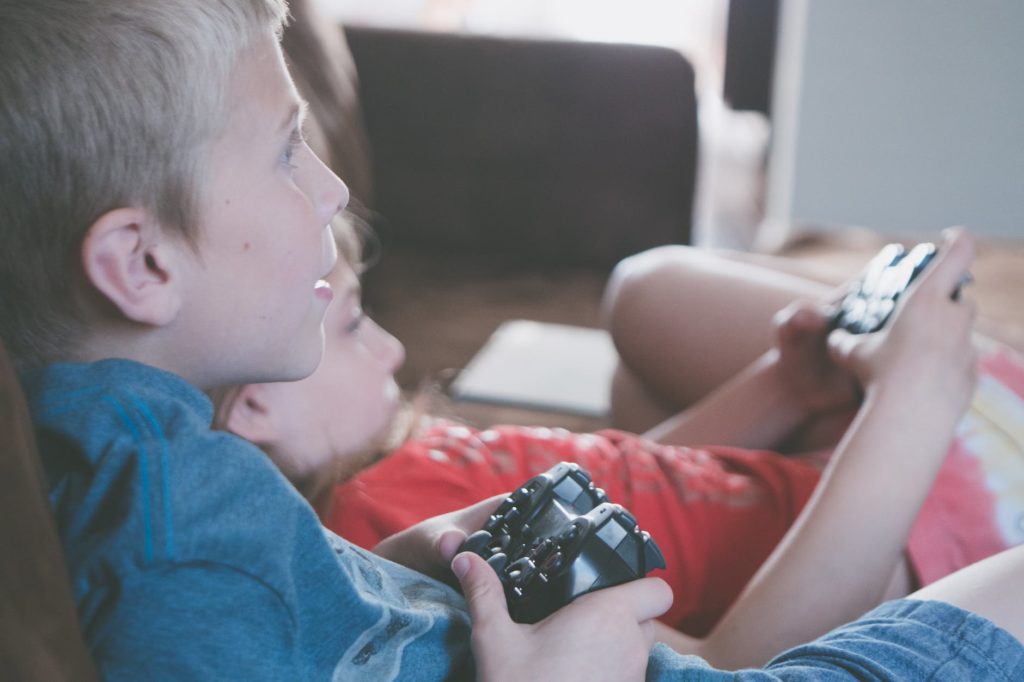Many families are struggling with screen time power struggles, especially as kids are unable to spend in-person time with friends. In many cases, they spend more time online. Parents have a sense that too much screen time is not healthy, but have not had the science behind it. This has created much contention.
Dr. Clifford Sussman, M.D. has studied video game and internet use extensively as it relates to children of all ages. To put it in simple terms, there is a chemical called dopamine being released during many screen time activities. Dopamine is a “feeling good” chemical and is part of the reason video games, social media and other screen activities are so popular; it’s a chemical reaction.
Prolonged high dopamine activities (HDA’s) create non-stop secretion of dopamine which causes an imbalance in the brain. The body, looking for balance, adjusts to accommodate by closing down some of the receptors. At the end of screen time, there is a let-down because those huge amounts of dopamine are no longer being received, and with some of the receptors having been closed, not even the normal amount is coming through. This can create a drag in energy and mood; a sense of boredom.
Activities such as reading, bike riding, gardening, board games, family time, etc. will seem boring to kids post screen time. However, if we are patient and they spend enough time off of HDA’s, their body will adjust by regenerating the receptors, and those slower paced activities will feel good again. Interesting!
As a family, you can reduce power struggles by opening up conversations about this. Dr. Sussman suggests teens have no more than one hour of HDA’s (video games, social media, YouTube, TV shows, etc.) without taking a break. He suggests following the screen time with an equal or greater amount of non-screen or low dopamine activities (LDA’s). For younger kids, he suggests only 30 minutes at a time. Kids will most likely balk at this, especially if they are currently on the screens for longer periods. Open the conversation and look at creative ways to transition to a healthier amount of time. It doesn’t have to be all or nothing right away.
Kids today have grown up with instant pleasure as they build and play on screen. It takes more work to get that same amount of pleasure off screen, which may explain why kids have gotten away from building forts and doing other outside activities we enjoyed as kids. As you work to find balance, remember not to make your kids bad and wrong for wanting to play video games. Their body is simply responding to a chemical being produced. Focus on the solution.
Dr. Sussman suggests working together to create a plan for exiting screen time (dopamine will make it harder) and to create a list of HDA’s and LDA’s so they know easily what to transition to. I suggest reminding them that boredom is expected and look for ways to support them in the transition. Please visit Dr. Sussman’s website to check out animated videos that show the whole process. He has so much more information that will be helpful.
Traci L. Williams is the Founder of A Loving Way to Parent. She is known for her practical parenting style. To schedule a free 15-minute phone consultation, simply click here. (Contact: 951-240-1407 or traci@alovingway.com / www.alovingway.com)

